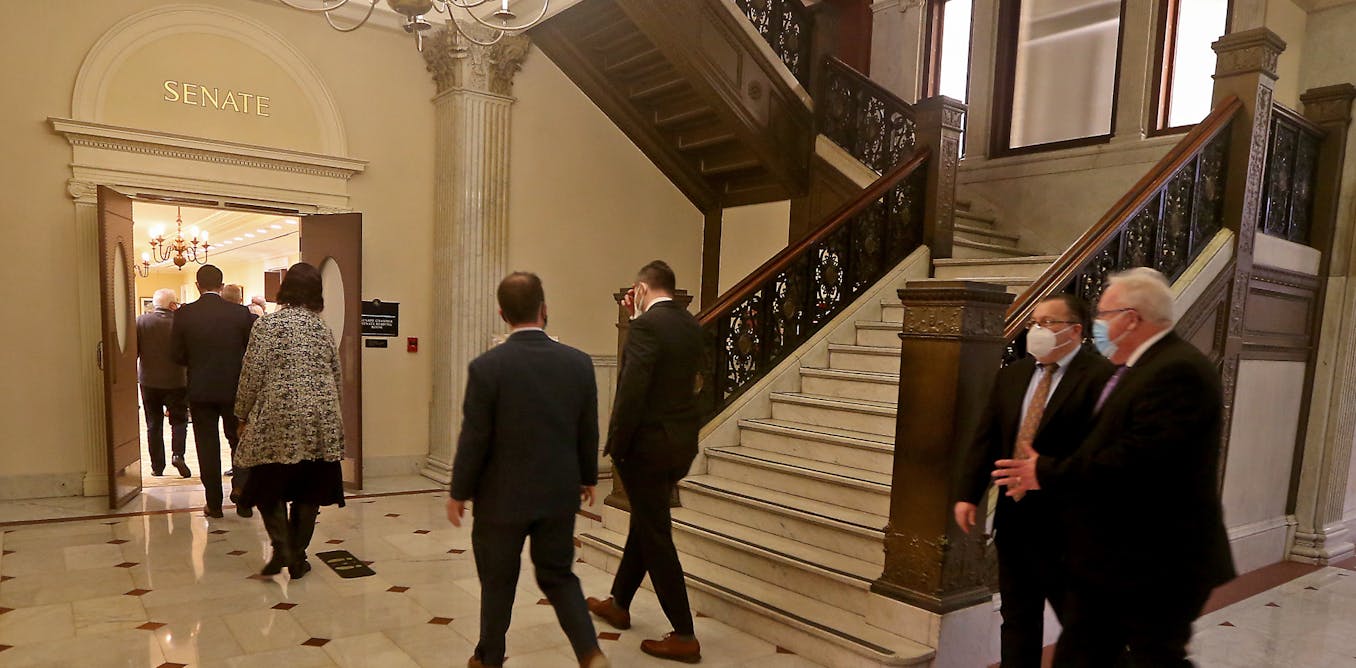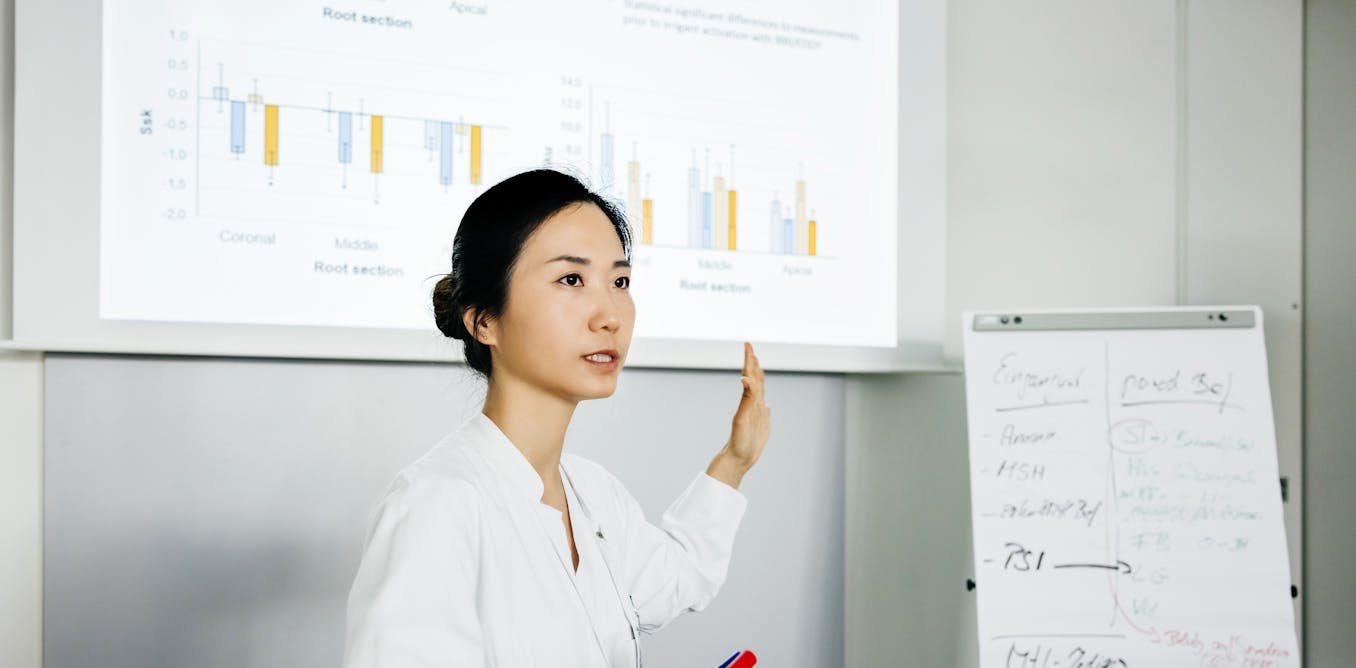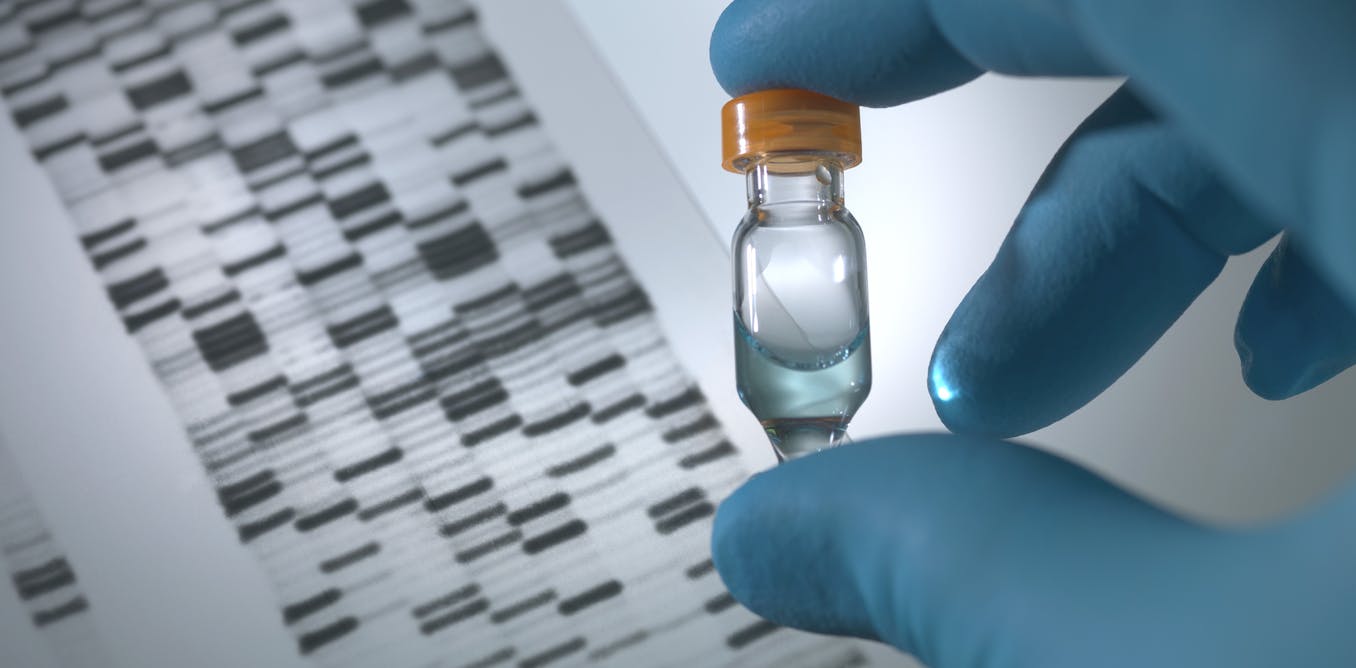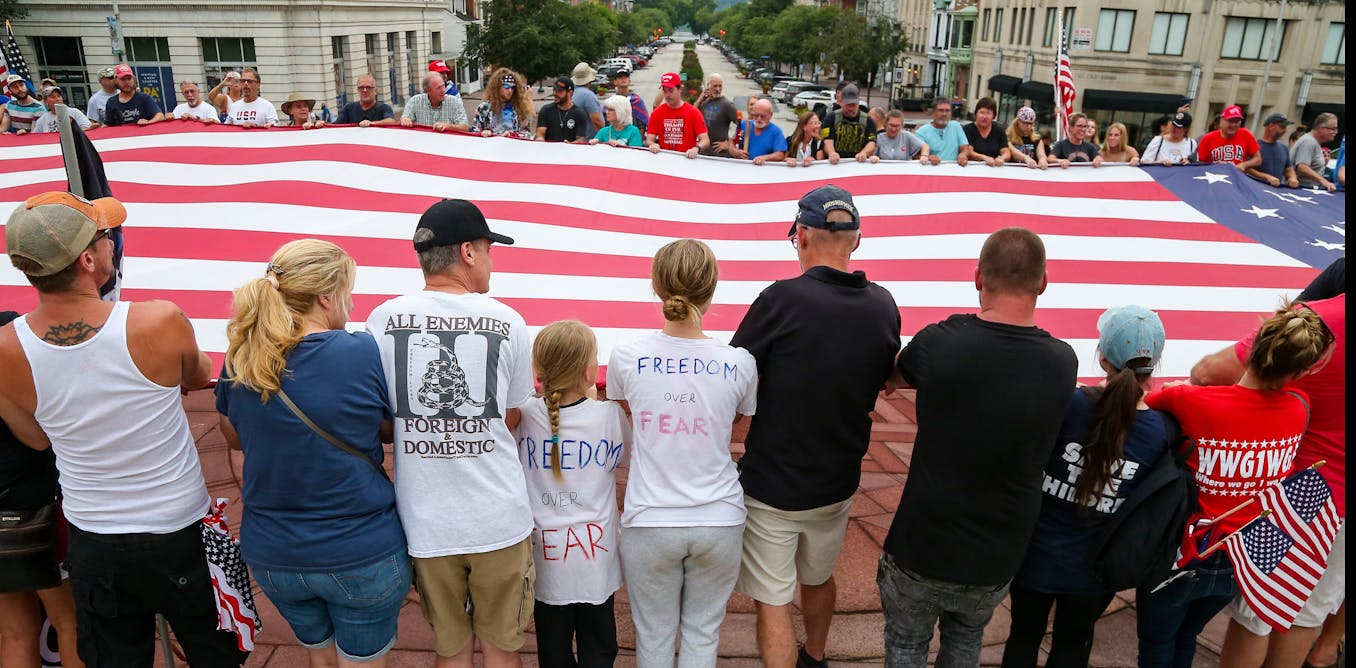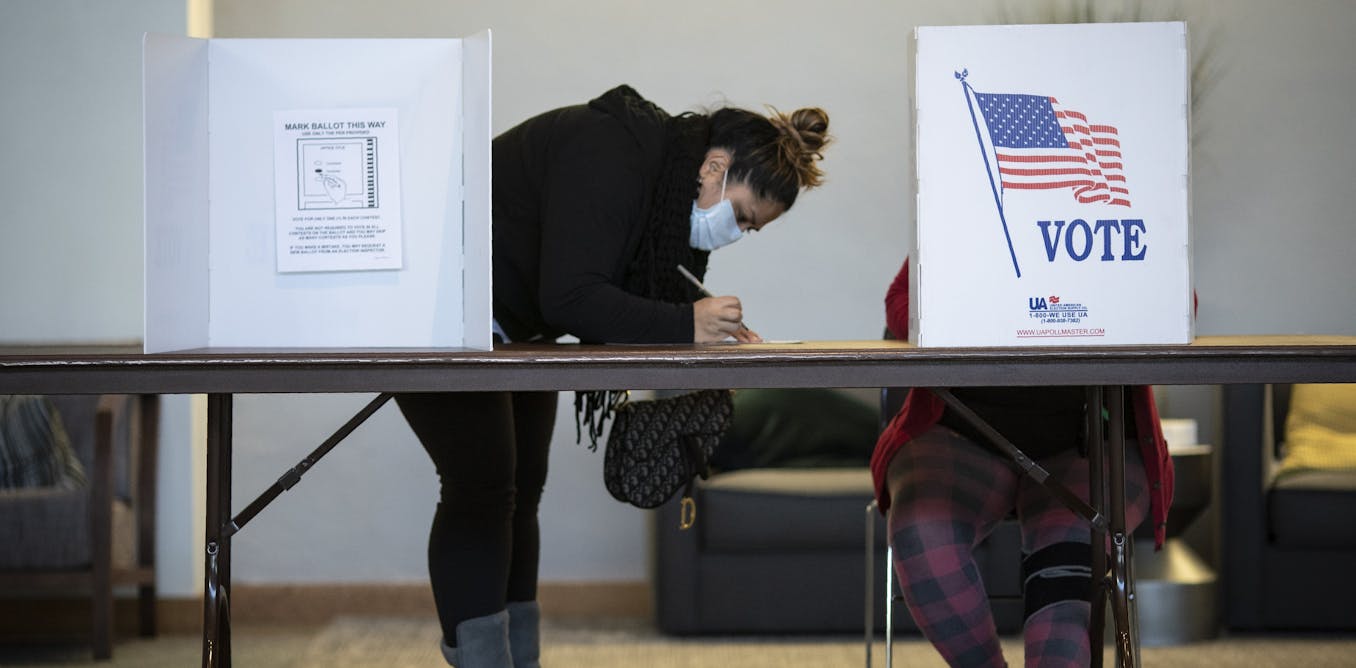Connecting researchers and legislators can lead to policies that reflect scientific evidence
Researchers want real-world impact. Lawmakers want programs that work. The public wants to benefit from taxpayer-funded research. Building a bridge from academia to legislatures is key to all three.
Jan. 17, 2024 • ~9 min

